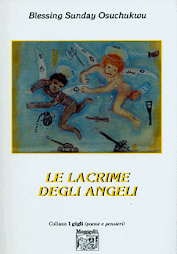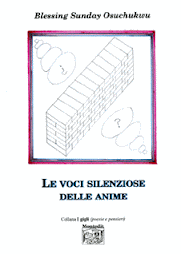Italy is a prevalently Roman Catholic country, with minorities of Muslims (mostly from recent immigration) and Jews. Christian Protestants are historically few, due to a history of intolerance that has continued until modern times. A few Protestants, such as two-time Prime Minister Sidney Sonnino, have distinguished themselves.
The 97.67% of Italians are baptized according to the rite of the Catholic Church. According to a survey of Eurispes 2006, 87.8% of the population declares itself Catholic and 36.8% practitioner. However a large percentage of Catholics do not necessarily support all the directions of the Church, as demonstrated by the referendum about divorce or abortion.
In Italy in 2006 there were 53 millions of Christians, 1,210,00 Muslims, 160,000 Buddhists, 115,000 Hinduists, 70,000 Sikhs, 45,000 Hebrews, 15,000 Pagans, and 4 millions of Atheists and Agnostics.
The Catholic Church holds considerable power and has an influence on most political parties, with the exceptions of the Italian Radicals and the Communist Refoundation Party.
Usage of Catholic symbolism (especially crosses) in courts and schools has been contested by minorities, but was ruled legal; many contend that it is in clear violation of the principles of religious freedom outlined in the Constitution of Italy. It is claimed that the Crucifixes and other Catholic symbols are not considered by the supreme court religious signs but cultural symbols.
Articles in the Constitution of Italy about freedom of religion
3: All citizens have equal social dignity and are equal before the law, without distinction of [...], religion, [...]
8: All religious confessions are equally free before the law.
19: All have the right to profess freely their own religious faith in whatever form [...], provided that the rites are not contrary to morality.
(From Wikipedia)
martedì 16 settembre 2008
Iscriviti a:
Commenti sul post (Atom)























Nessun commento:
Posta un commento